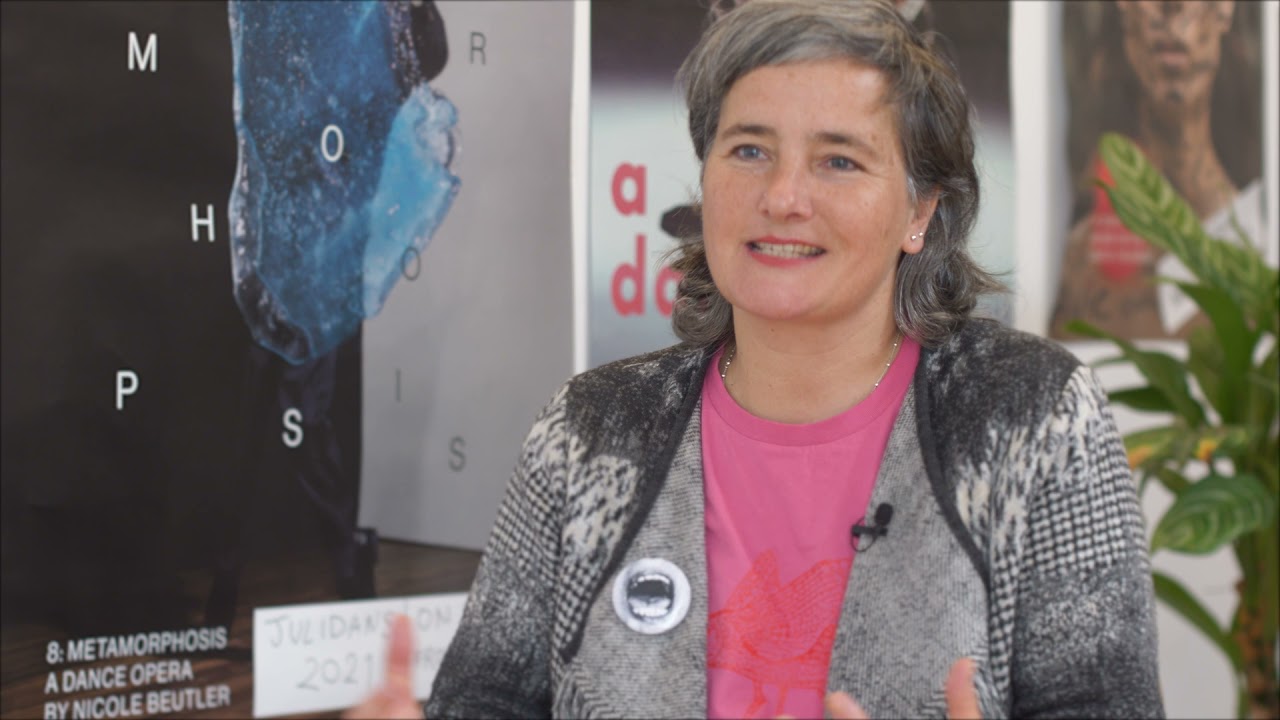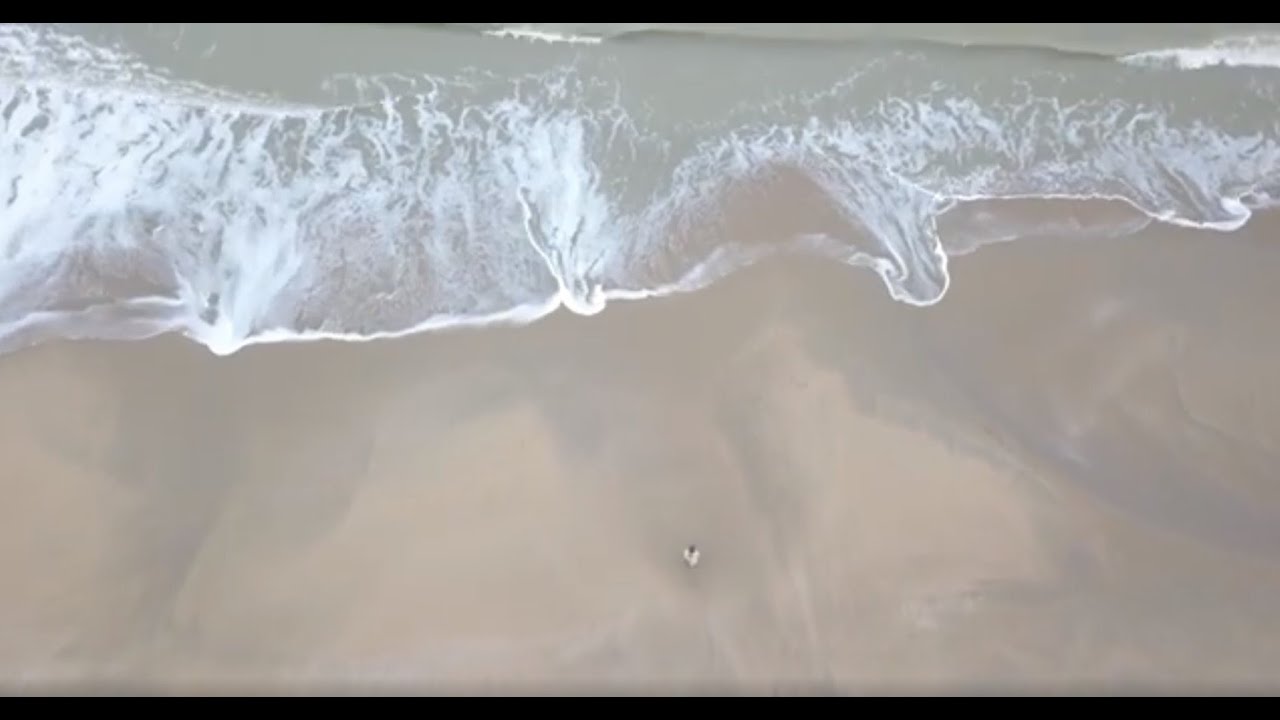publicationessaypodcastinterviewvideoblognewsonline coursespeopleAPRIA
In the Studium Generale programme you will find several commissioned video portraits made by Irene Constandse and Kees Veling. But you can also find video essays made by artists and registrations of various events in our video collection.
Video Portraits, Video Essays & Video Registrations of Event
In the Studium Generale programme you will find several commissioned video portraits made by Irene Constandse and Kees Veling. But you can also find video essays made by artists and registrations of various events in our video collection.
Nederlandse tekst hieronder
“We as western modern people have the idea that we have the world under control. That is a dominant, counterproductive attitude. As long as we stick to that, we will create more and more new problems. Sustainability is also not a solution to stop the exploitation of our planet.”
The Dutch-Chilean Darko Lagunas (1987) has an urban sociology background (University of Amsterdam) and focuses on connecting ecological and social issues. Think, for example, of the social dynamics of the transition to sustainability, or the relationship between social diversity and biodiversity. In research and practice he works on answering such questions. He does this both in the urban context of the Netherlands as well as in the context of indigenous territories in Latin America. In doing so, he collaborates with artists, scientists and original people.
This interview is part of the LAND project, about climate breakdown, property, territory and colonialism and how these things relate to each other. Can we understand how we got into the current precarious situation? What does "ownership and control" mean for our relationship with our planet and each other?
Video made by Irene Constandse and Kees Veling, commissioned by ArtEZ studium generale.
“We as western modern people have the idea that we have the world under control. That is a dominant, counterproductive attitude. As long as we stick to that, we will create more and more new problems. Sustainability is also not a solution to stop the exploitation of our planet.”
The Dutch-Chilean Darko Lagunas (1987) has an urban sociology background (University of Amsterdam) and focuses on connecting ecological and social issues. Think, for example, of the social dynamics of the transition to sustainability, or the relationship between social diversity and biodiversity. In research and practice he works on answering such questions. He does this both in the urban context of the Netherlands as well as in the context of indigenous territories in Latin America. In doing so, he collaborates with artists, scientists and original people.
This interview is part of the LAND project, about climate breakdown, property, territory and colonialism and how these things relate to each other. Can we understand how we got into the current precarious situation? What does "ownership and control" mean for our relationship with our planet and each other?
Video made by Irene Constandse and Kees Veling, commissioned by ArtEZ studium generale.
“Wij als westerse, moderne mensen hebben het idee dat we de wereld onder controle hebben. Dat is een dominante, contraproductieve houding. Zo lang we daar aan vasthouden creëren we steeds meer nieuwe problemen. Ook duurzaamheid is geen oplossing om de uitbuiting van onze planeet te stoppen.”
De Nederlands-Chileense Darko Lagunas (1987) heeft een stadssociologische achtergrond (Universiteit van Amsterdam) en richt zich op het verbinden van ecologische en sociale thema’s. Denk bijvoorbeeld aan de sociale dynamiek van de transitie naar duurzaamheid, of de relatie tussen sociale diversiteit en biodiversiteit. In onderzoek en praktijk werkt hij aan het beantwoorden van dit soort vragen. Dit doet hij zowel in de stedelijke context van Nederland, als in de context van inheemse territoria in Latijns Amerika. Daarbij werkt hij samen met kunstenaars, wetenschappers en oorspronkelijke bewoners.
De Nederlands-Chileense Darko Lagunas (1987) heeft een stadssociologische achtergrond (Universiteit van Amsterdam) en richt zich op het verbinden van ecologische en sociale thema’s. Denk bijvoorbeeld aan de sociale dynamiek van de transitie naar duurzaamheid, of de relatie tussen sociale diversiteit en biodiversiteit. In onderzoek en praktijk werkt hij aan het beantwoorden van dit soort vragen. Dit doet hij zowel in de stedelijke context van Nederland, als in de context van inheemse territoria in Latijns Amerika. Daarbij werkt hij samen met kunstenaars, wetenschappers en oorspronkelijke bewoners.
related content


